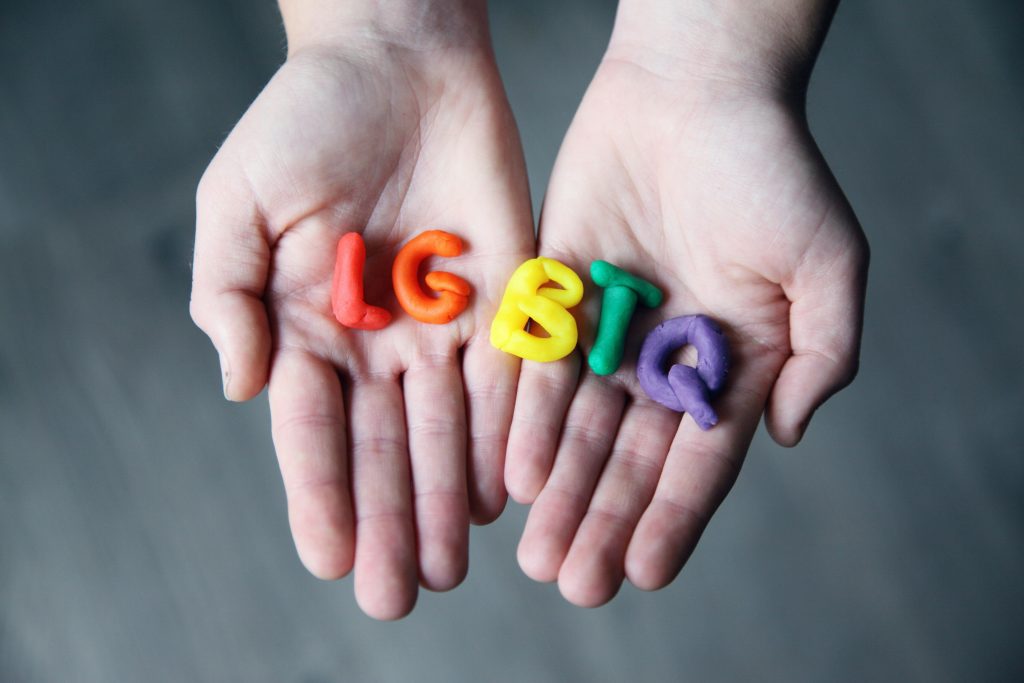Not Even Sororities Are Safe: Guest Column

On May 15, the United States Tenth Circuit Court of Appeals heard oral arguments in Westenbroek et al. v. Kappa Kappa Gamma. In fall 2022, Kappa Kappa Gamma sorority headquarters forced the University of Wyoming chapter to admit a male member. Women who objected or spoke up were threatened with discipline.
Months later, members of the chapter filed a lawsuit against the sorority for failing to abide by its own bylaws, specifically the one that says, “a new member shall be a woman.”
This is what happens when institutions and leaders sacrifice the safety, wellbeing, happiness, and protection of women on an altar of gender ideology. If a sorority is no longer a space reserved for women only, why should we expect anywhere else to be?
As one of the plaintiffs put it, “To girls across our great country—and their mothers and fathers—if you think you’re in a situation where this issue won’t affect you, think again.”
Copyright 2024 by the Colson Center for Christian Worldview. Reprinted from BreakPoint.org with permission.




